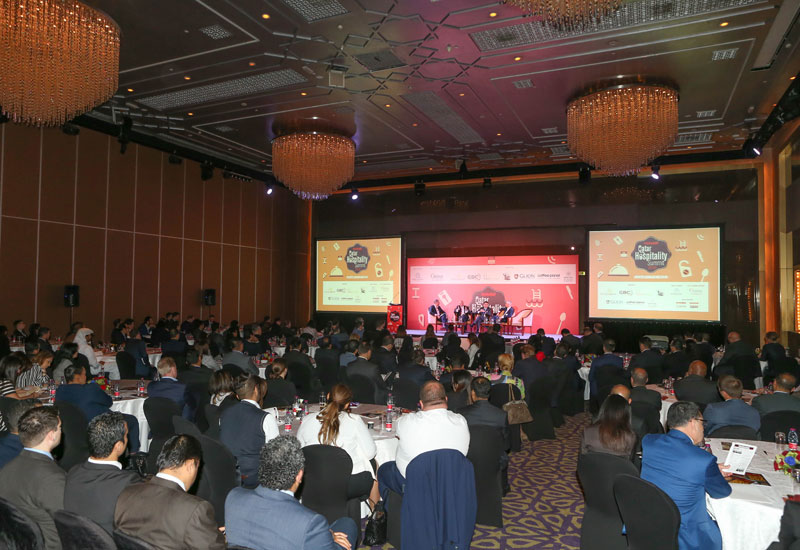 The ideal forum for hoteliers from every department to reflect on how they are going to tackle key operational challenges.
The ideal forum for hoteliers from every department to reflect on how they are going to tackle key operational challenges.
Almost three years on from the launch of the Qatar National Tourism Sector Strategy 2030, a significant effort and investment from the QTA and its partners has been made to achieve their target to attract seven million visitors per year by 2030.
With continued growth in the hospitality sector and an increasing number of visitors to the country, the possibilities are exciting. And it is against this backdrop that Hotelier Middle East is set to host its seventh annual Qatar Hospitality Summit.
The summit provides the ideal forum for hoteliers from every department to step back and reflect on how they are going to tackle key operational challenges, meet customer expectations and boost their bottom lines over the coming year.

| Advertisement |
After a sector overview with market insights and forecast from TRI Consulting associate director Christopher Hewett, the first panel discussion will focus on how Qatar’s hoteliers will move on from a difficult 2016 and attract more guests to their rooms and to the country in general.
In the first half of 2016, Qatar saw 6% fewer visitors causing lower hotel occupancy and average room rates. The second half of the year fared no better, although there were some peaks in visitor numbers in the latter months that gave Qatar’s hoteliers a glimmer of hope as to what the future might hold once the economy stabilises.
With a considerable number of new brands entering the Qatar hospitality market today, and many hotels continuing to drop room rates to attract guests to their properties, hoteliers are under pressure to maximise performance in the face of an ever-challenging market.
Another topic that will be discussed includes raising service standards to keep up the with re-classification of hotels. Early 2016 saw the introduction of the QTA’s new standardised system for the classification of hotels, hotel apartments and other accommodation providers. Designed with international best practices in mind, and adapted to local conditions, the system is intended to provide a clearer and more consistent way of evaluating the level of service and amenities at a property.
The classification process involves self-evaluation by each accommodation provider, followed by an on-site inspection by the QTA to verify a property’s submission. The panel will discuss how, when budgets have been stripped down and hoteliers have to focus on occupancy levels, hotels can work to keep their stars.
The summit will also host workshops in the afternoon, surrounding topics related to food & beverage, human resources, sales & marketing, and housekeeping.
ITP Business Hospitality Group group editor Devina Divecha said: “Qatar is a growing market and as we inch closer to 2022, all eyes are on the hospitality and leisure sector to chart its development. With this summit, we hope to give hoteliers a chance to discuss best practice and opportunities to improve operations.”








 Search our database of more than 2,700 industry companies
Search our database of more than 2,700 industry companies









